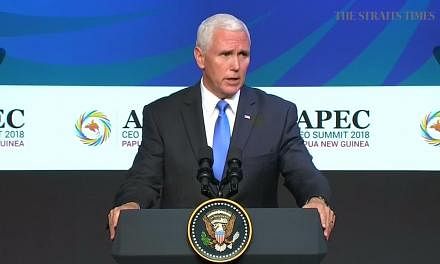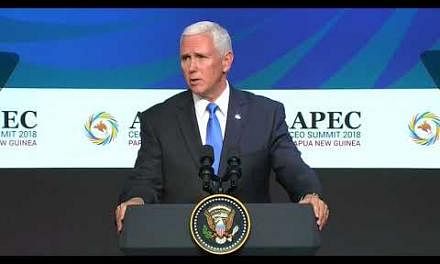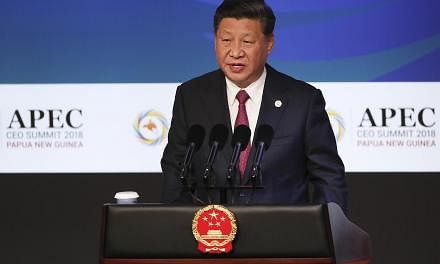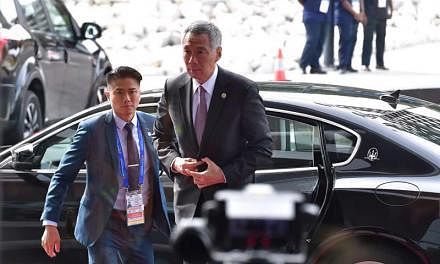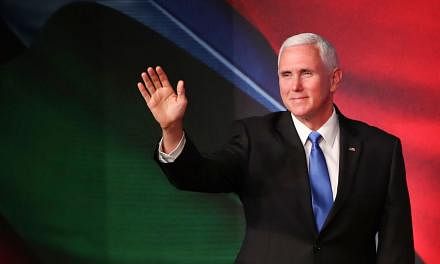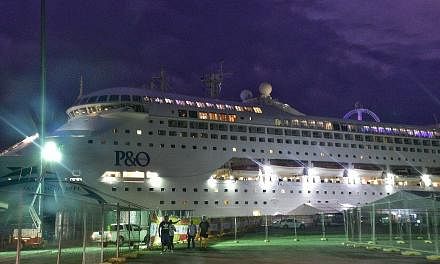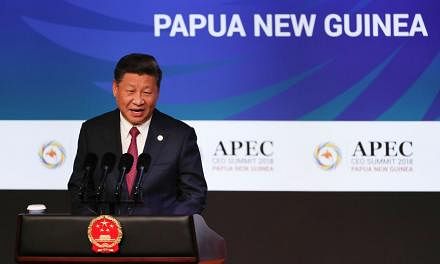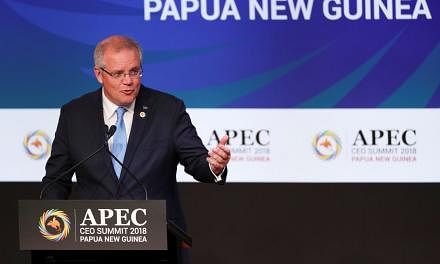PORT MORESBY (REUTERS) - The United States and three of its Pacific allies said on Sunday they would work with Papua New Guinea (PNG) to ensure most of the country had access to electricity by 2030, as Western powers seek to contain China's economic influence in the region.
Leaders of the United States, Japan, Australia and New Zealand met in PNG's capital, Port Moresby, at the Asia Pacific Economic Co-operation (Apec) summit to unveil the plan, which seeks to boost the power grid's reach to 70 per cent of the population from 13 per cent currently.
PNG is home to 8 million people, four-fifths of whom live outside urban areas and with poor infrastructure. The developing nation has emerged as a flashpoint in Washington's and Beijing's competing strategic efforts to lock-in alliances in the region.
"This initiative will also be open to other partners that support principles and values which help maintain and promote a free, open, prosperous and rules based region," a White House statement said.
The four nations did not specify what kind of power-generation would be used, or the cost of the plan. However, an Australian government spokeswoman told Reuters it would contribute A$25 million (S$25.2 million) in the first year of the initiative.
China has poured investment into development projects in the region, including plans to build a large hydropower generation plant in PNG under President Xi Jinping's flagship Belt and Road initiative.
Belt and Road was first proposed in 2013 to expand land and sea links between Asia, Africa and Europe, with billions of dollars in infrastructure investment from Beijing.
On Saturday, US Vice President Mike Pence took direct aim at Belt and Road at an APEC address, saying countries should not accept debt that compromised their sovereignty.
Australia, a staunch US ally, has for decades enjoyed largely unrivalled influence among Pacific island nations.
China has only recently turned its attention to the region with a raft of bilateral financing agreements to often distressed economies.

